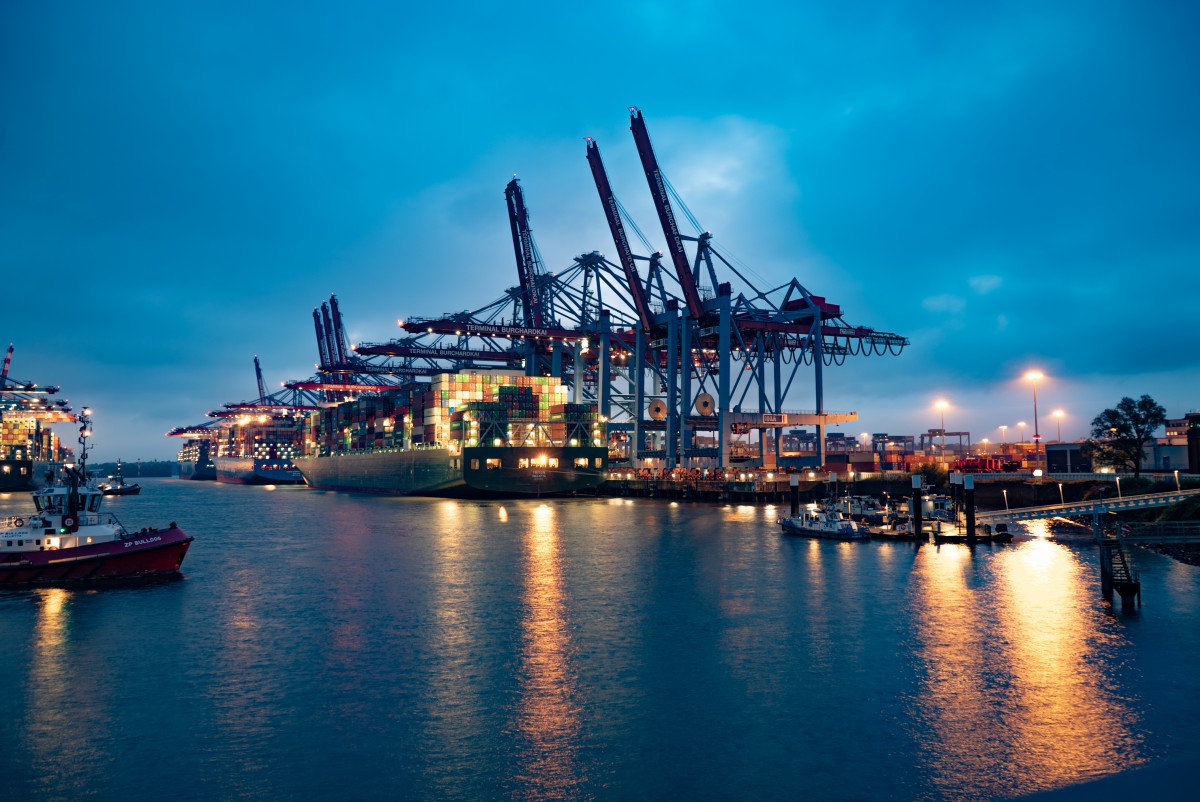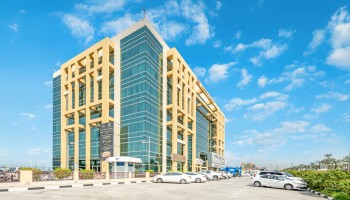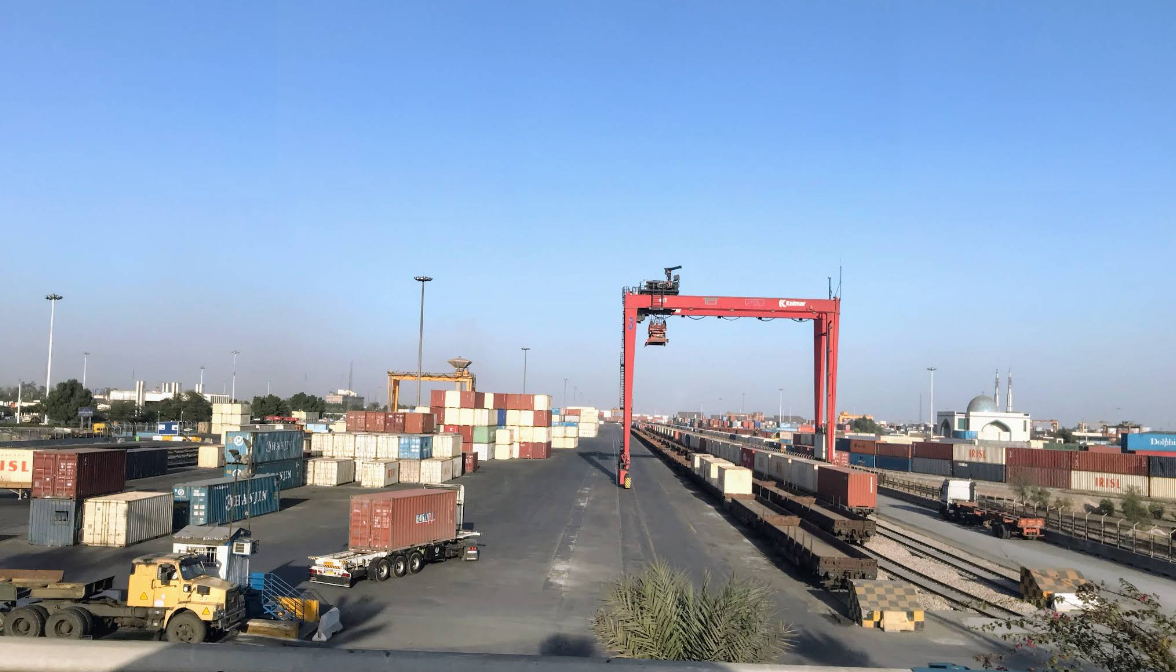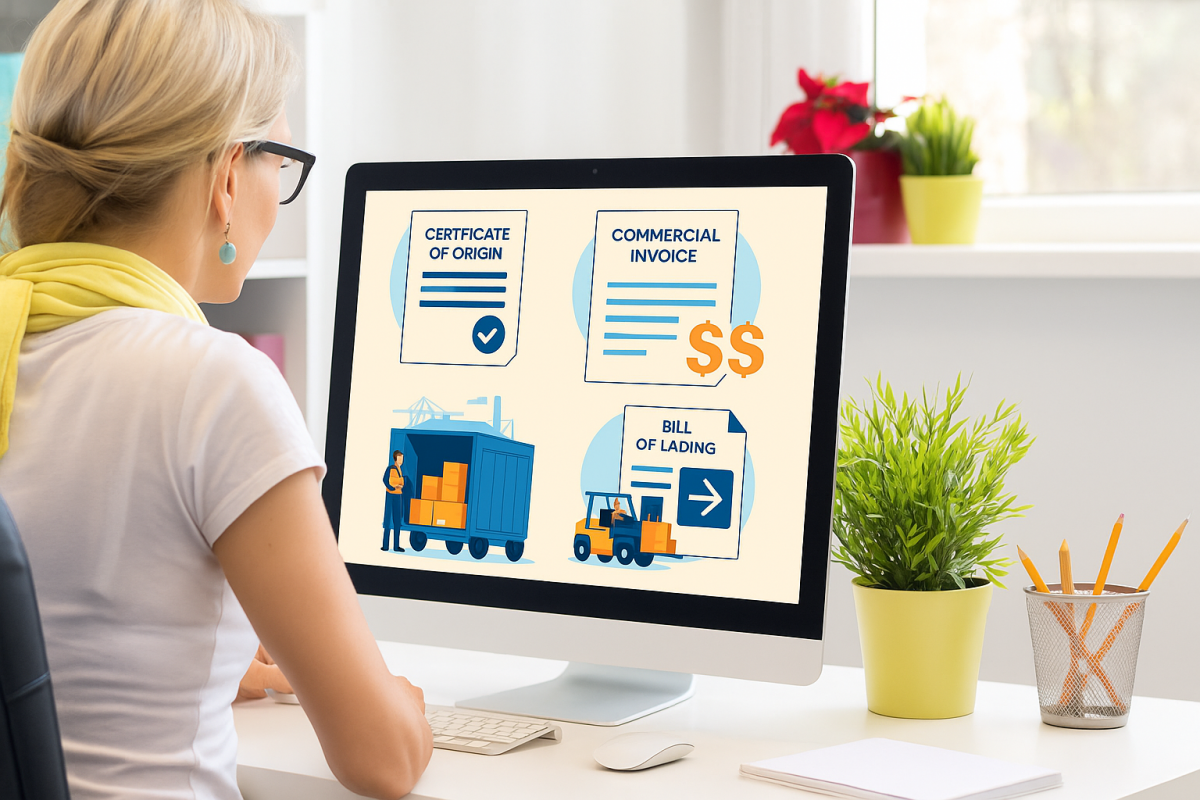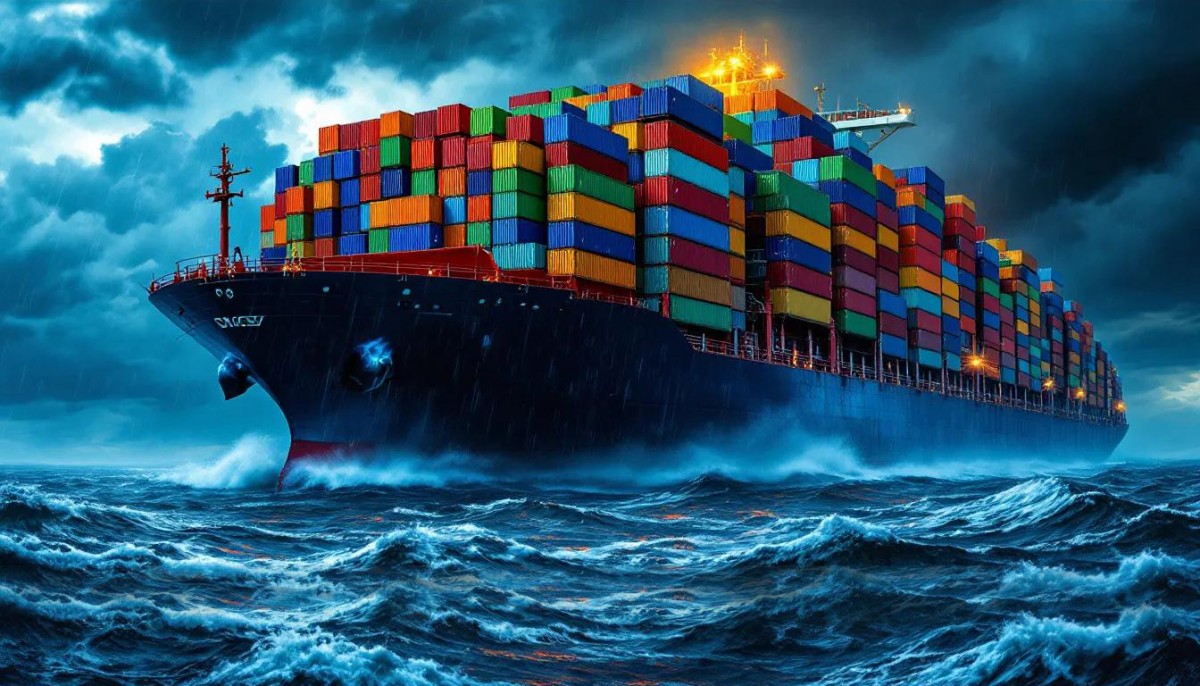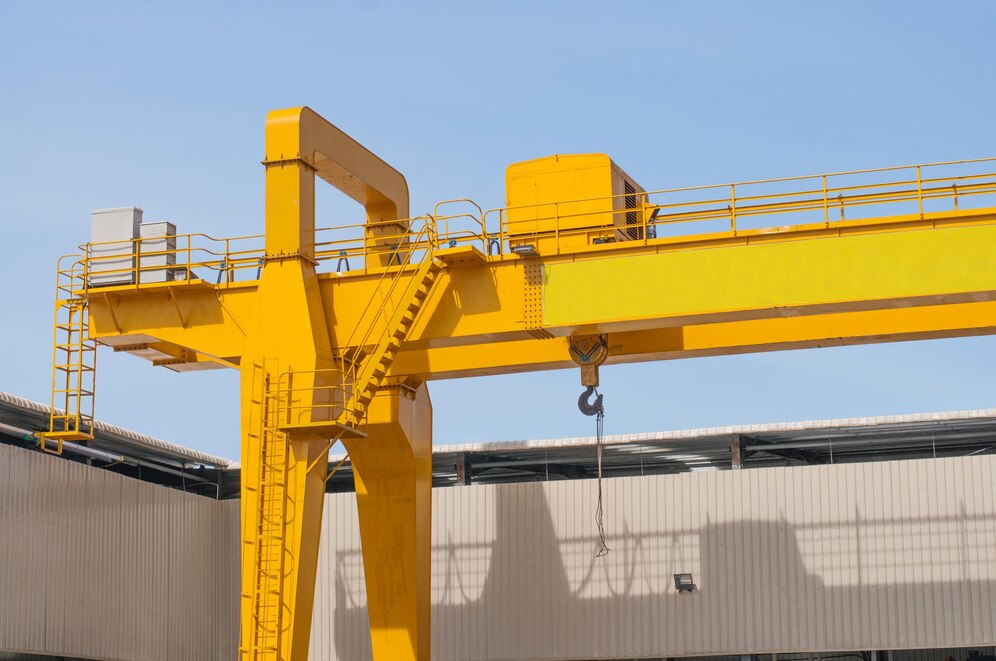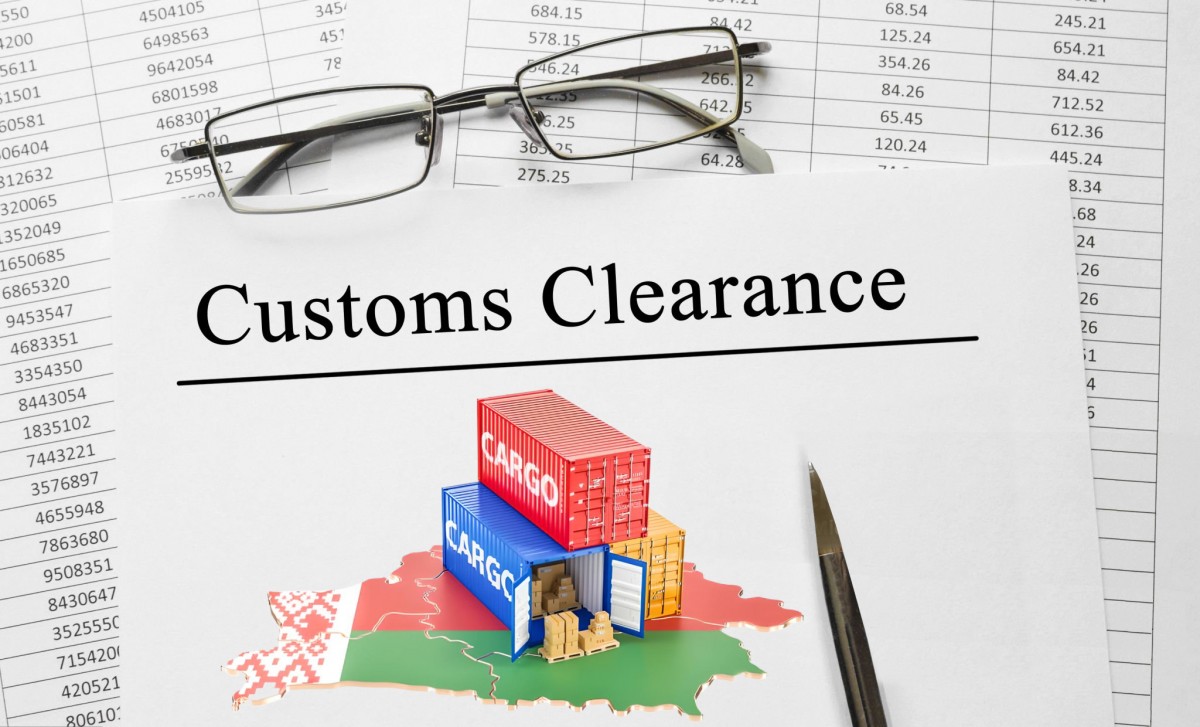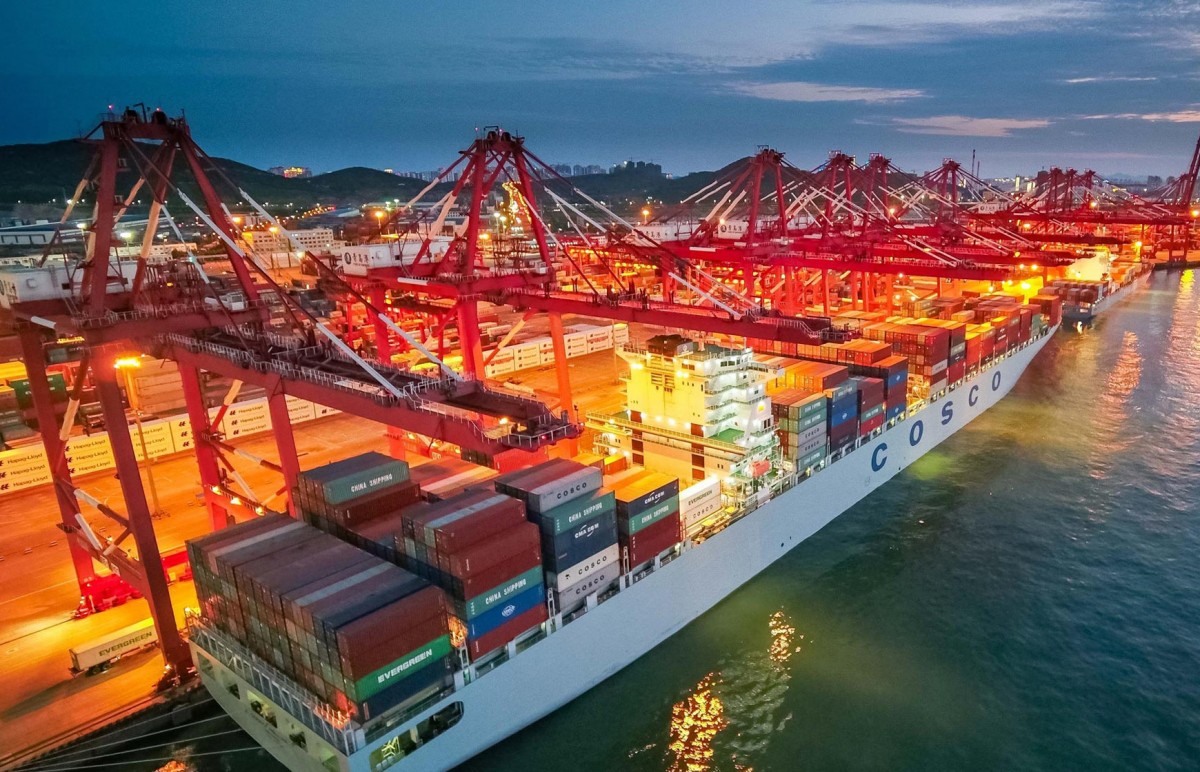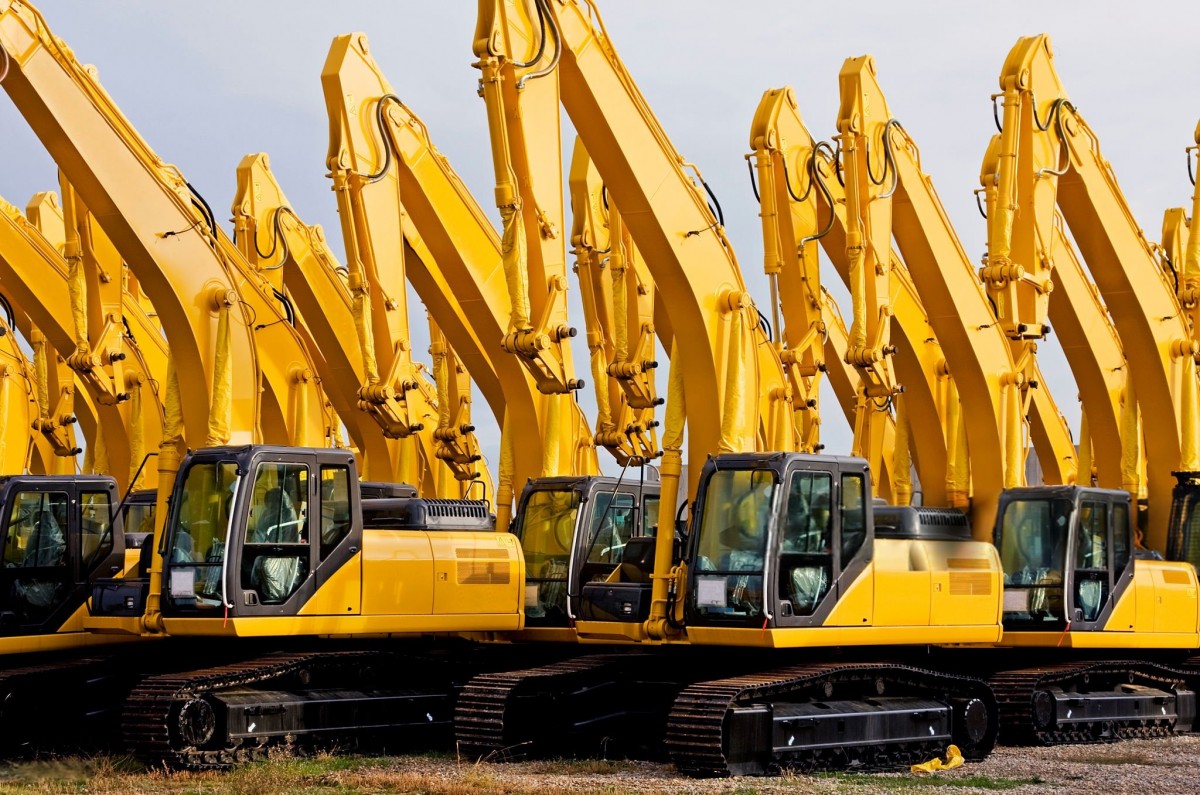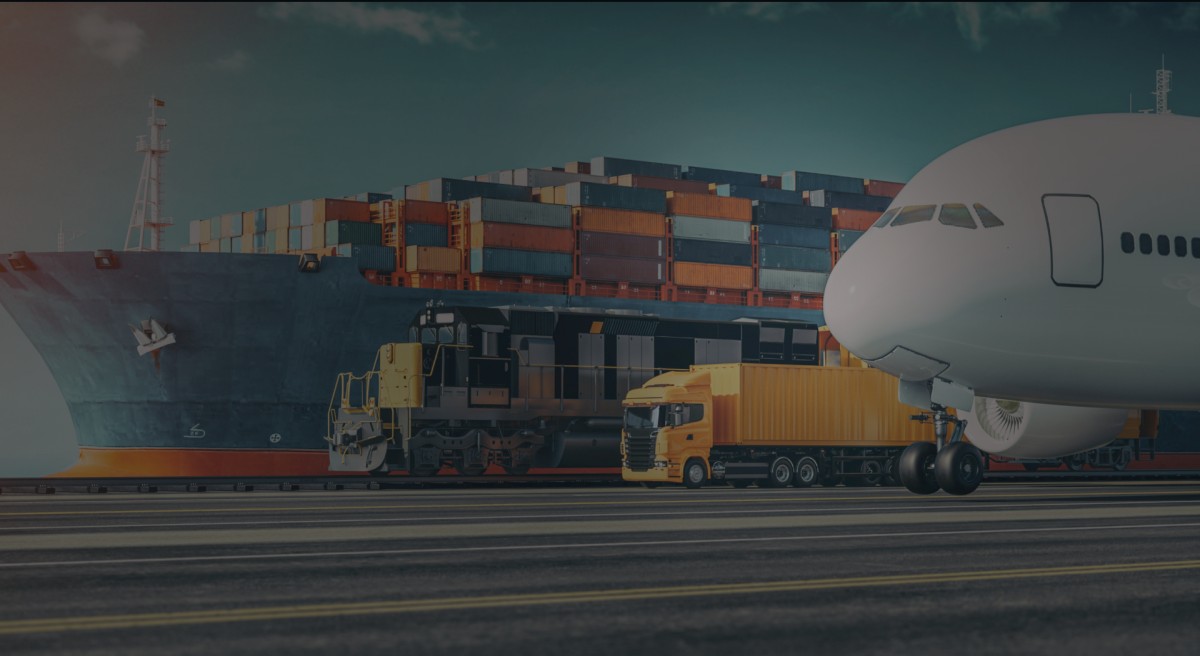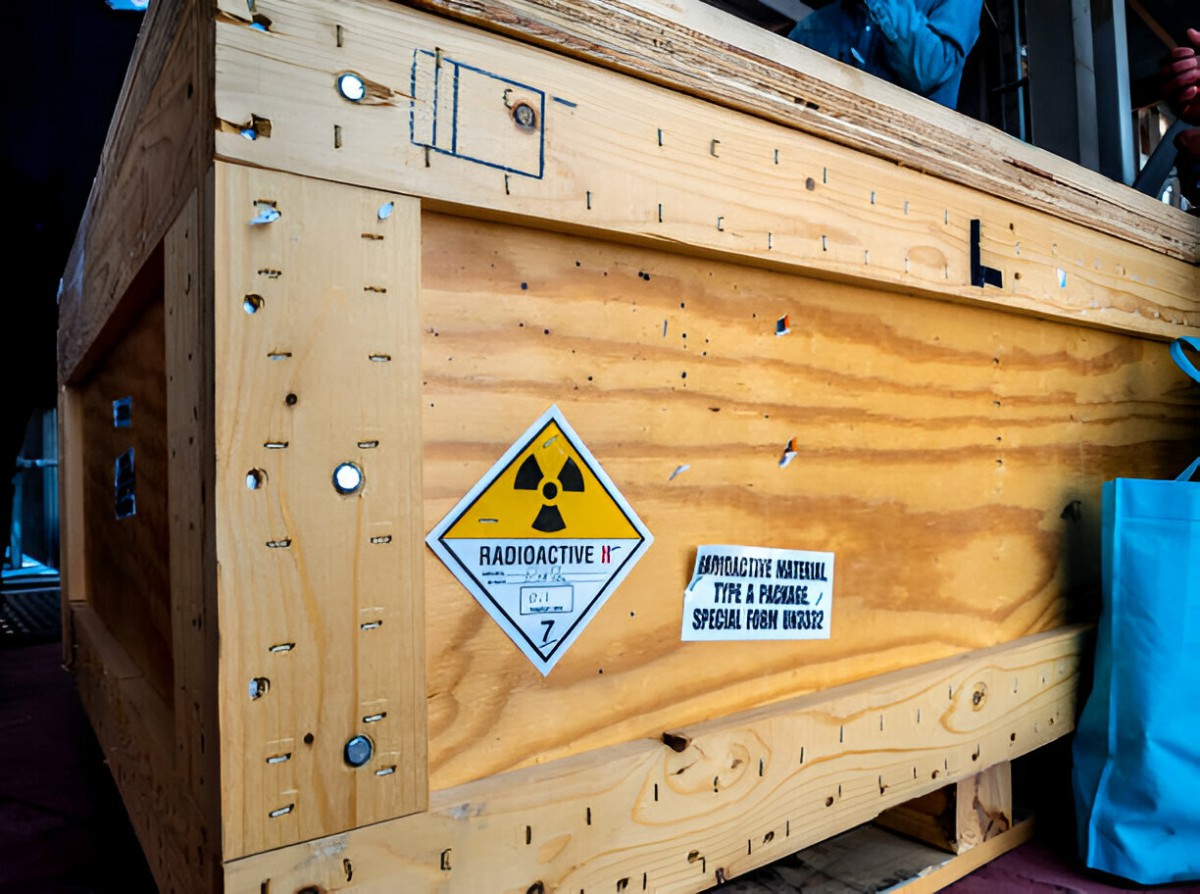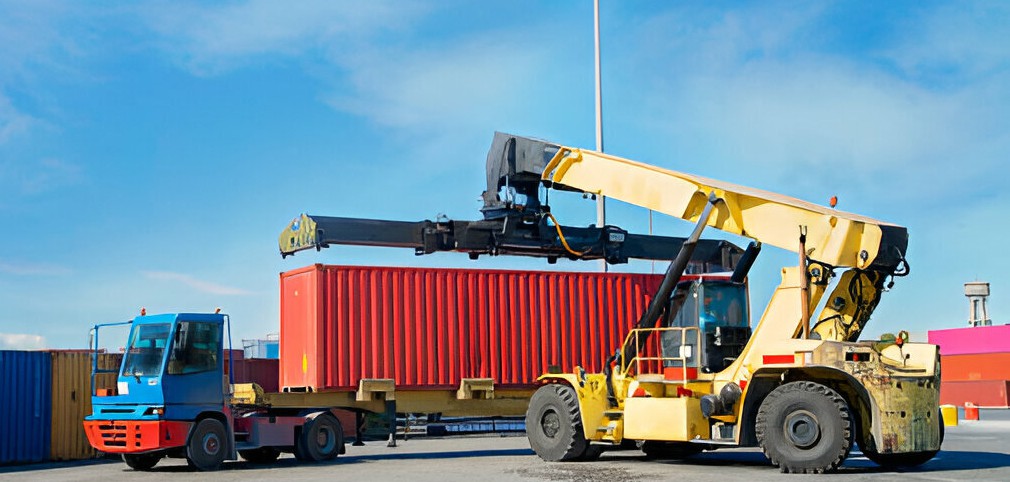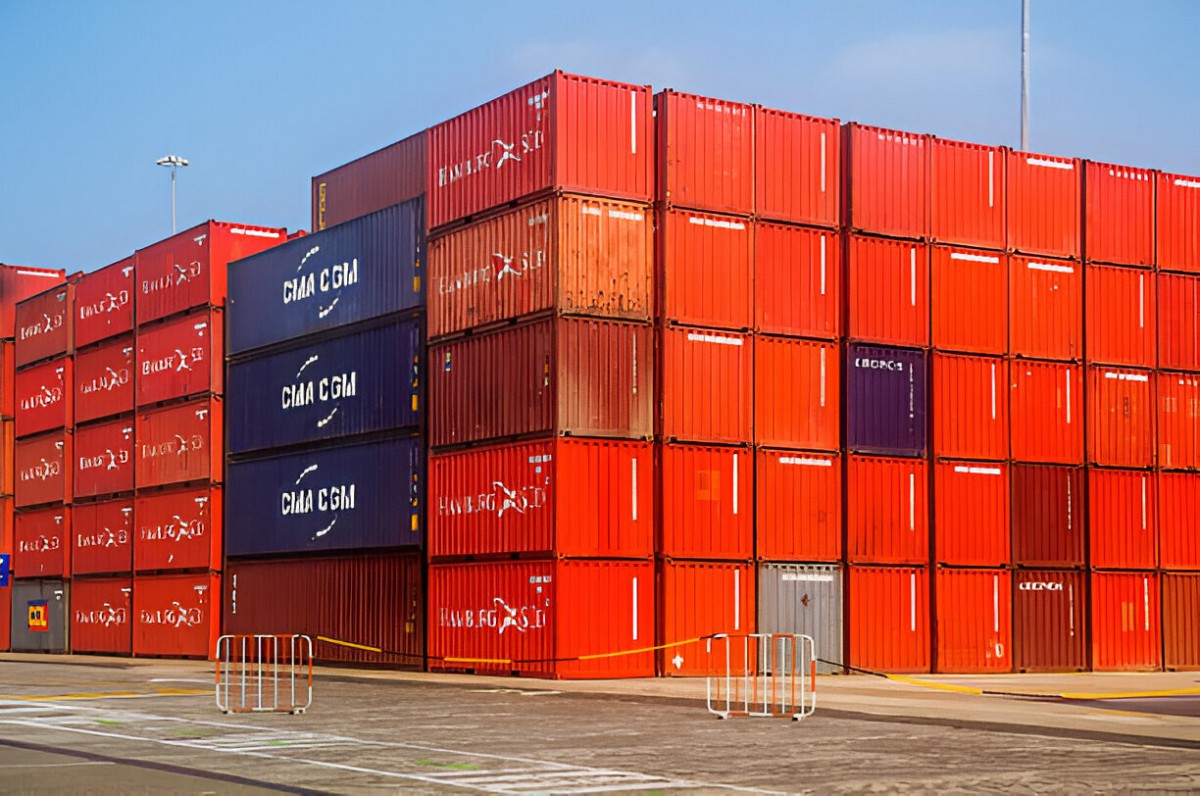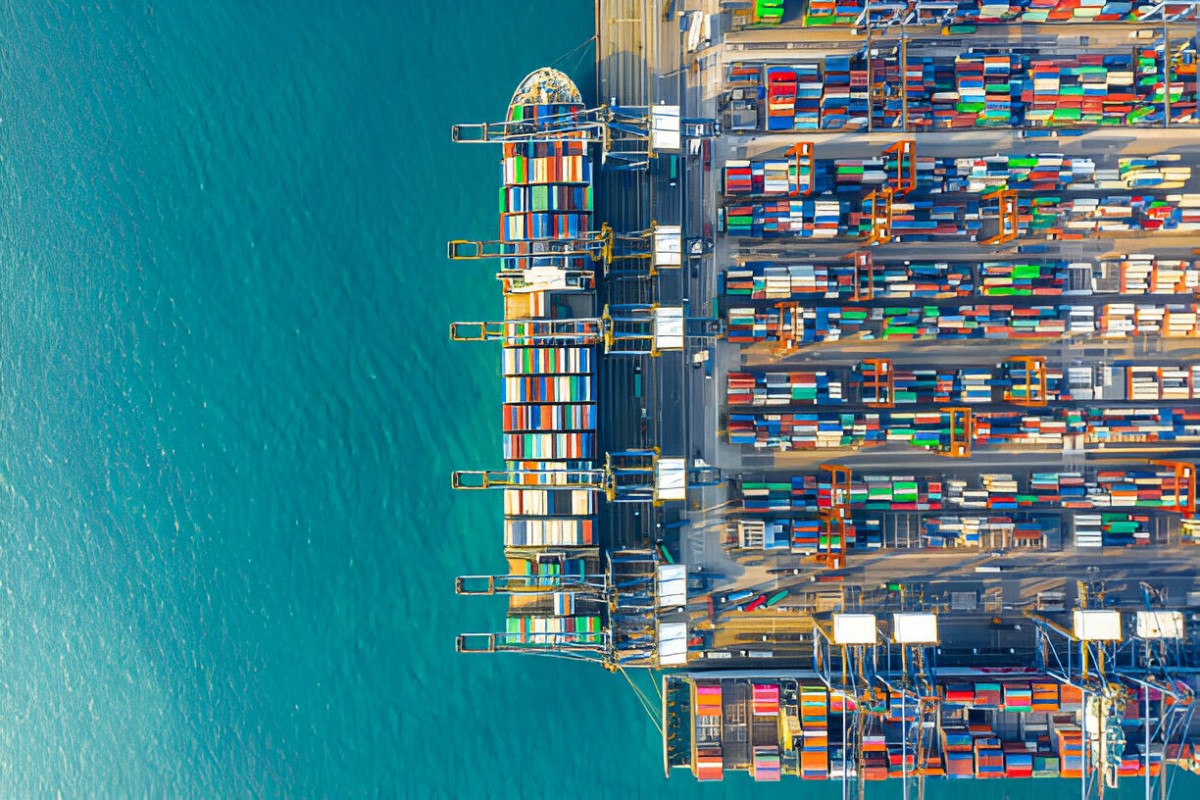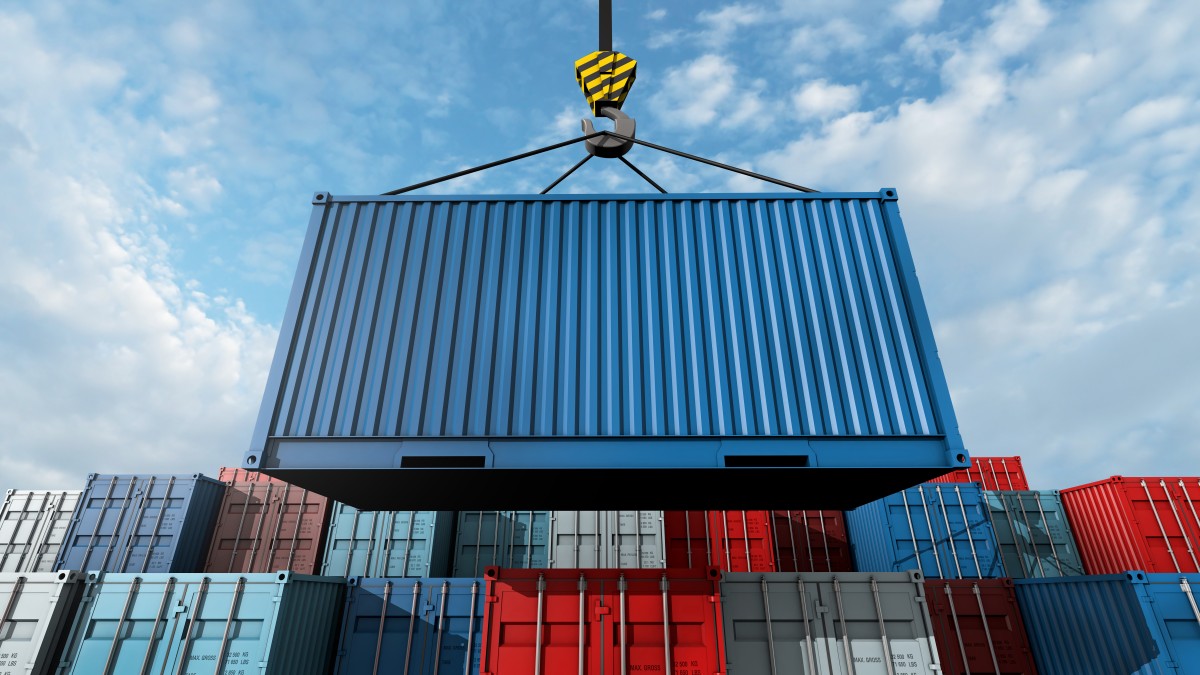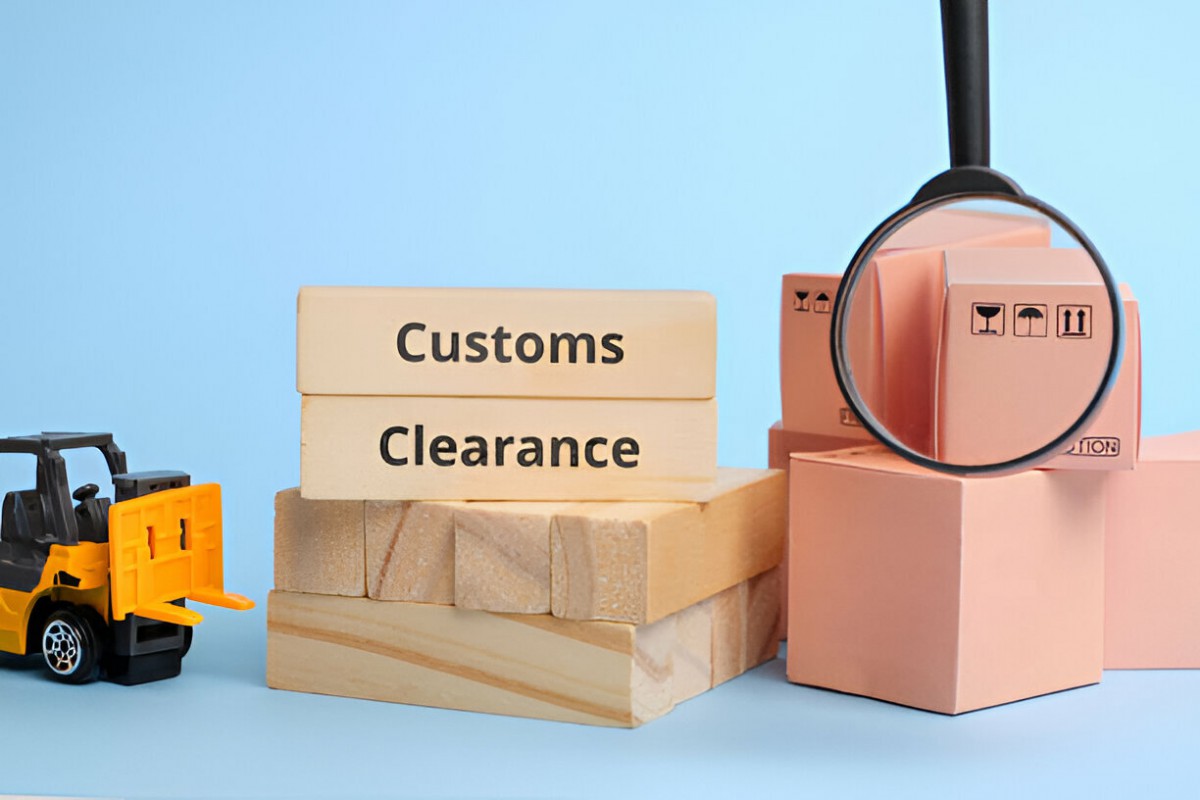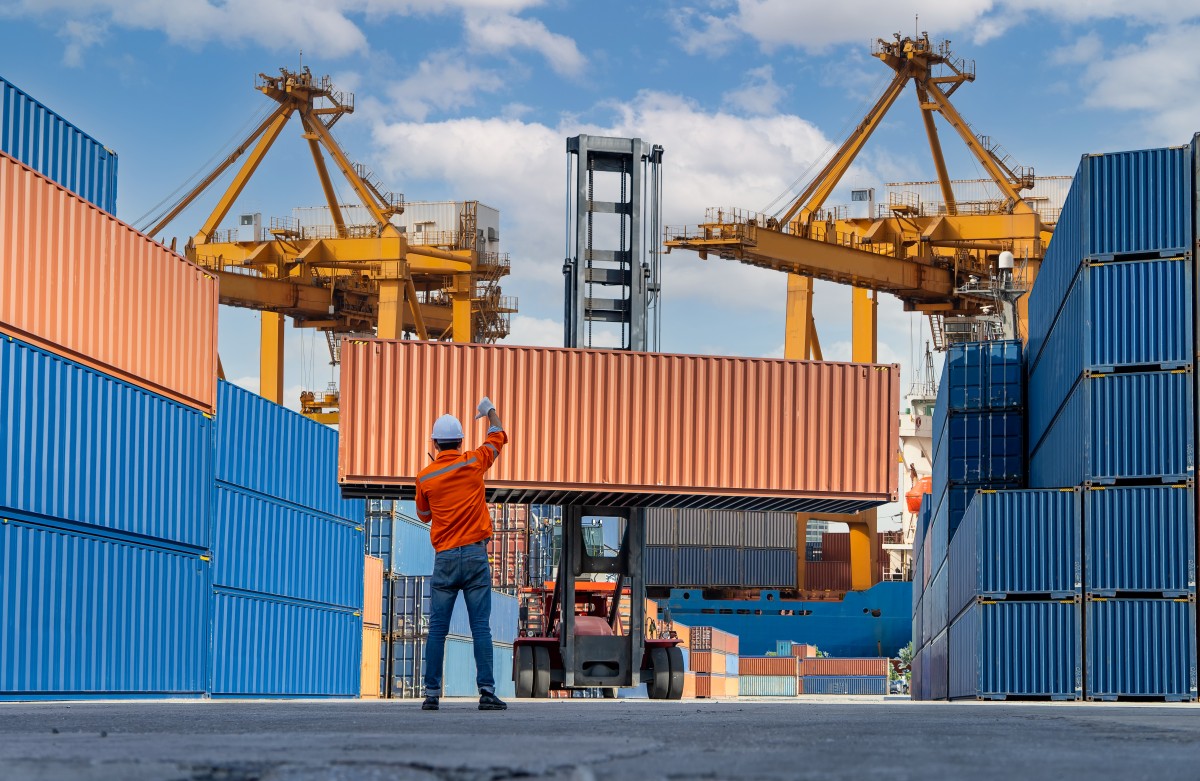Dubai has rapidly transformed from a small fishing village into one of the world’s leading trade and logistics hubs. Today, when it comes to international shipping, cargo services, and global supply chains, Dubai ranks among the top destinations. Thanks to its strategic location, advanced infrastructure, and business-friendly policies, the city serves as a bridge between Asia, Europe, and Africa.
In this article, we will explore the main commercial ports in Dubai, explain why the city has become a logistics hub, and highlight the business opportunities it creates for global traders and companies.
Main Commercial Ports in Dubai
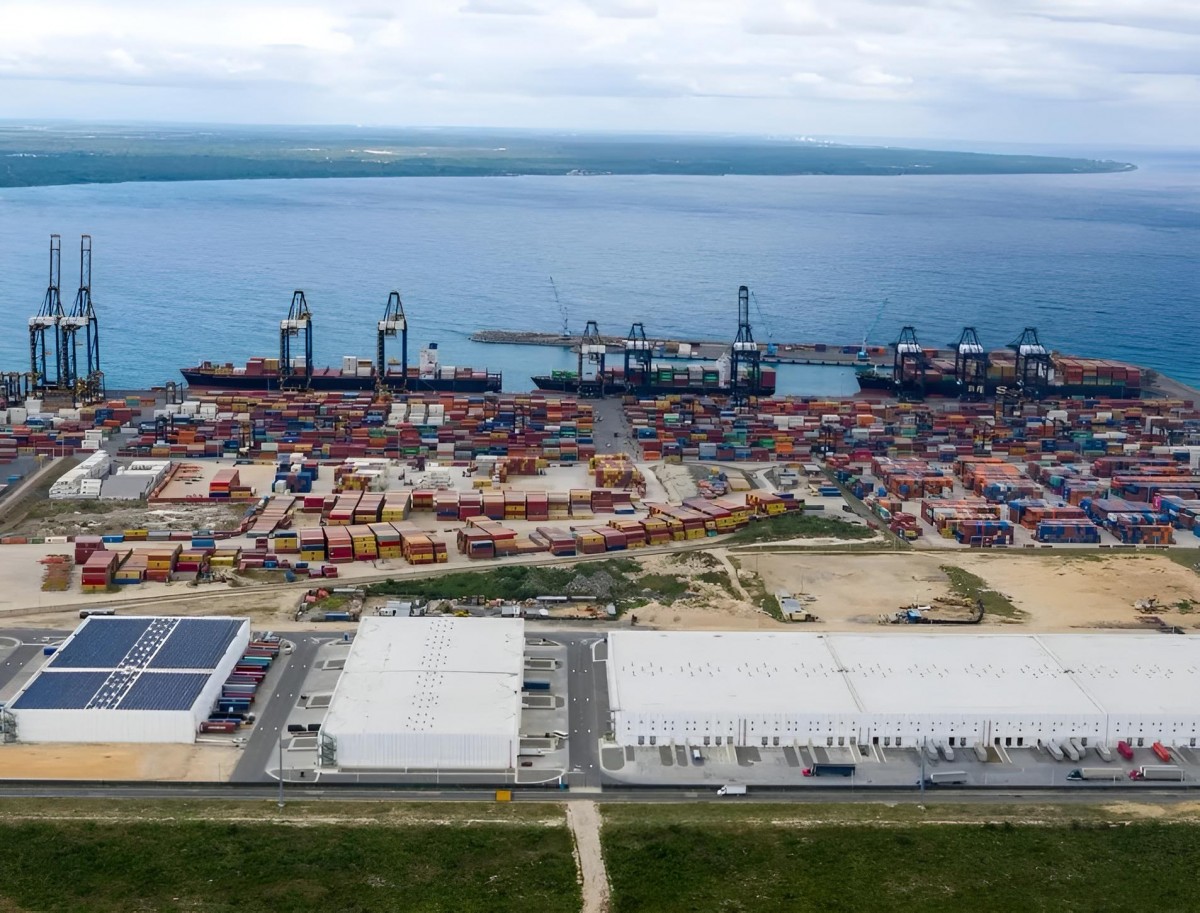
1. Jebel Ali Port (Port of Jebel Ali)
- The largest man-made port in the world and the biggest container port in the Middle East.
- Handles more than 22 million TEUs annually.
- Direct connectivity with Dubai International Airport and major highways.
- Home to Jebel Ali Free Zone (JAFZA), hosting over 9,500 international companies across industries.
2. Mina Rashid (Port Rashid)
- Dubai’s first modern commercial port, opened in 1972.
- Current capacity: 1.5 million TEUs per year.
- Transitioning into a cruise and tourism hub while still handling some cargo operations.
3. Mina Al Hamriya (Port Al Hamriya)
- Built in the 1970s to support Dubai’s growing trade needs.
- Plays a vital role in regional trade with East Africa and the Indian subcontinent.
- Specializes in goods like food products, livestock, and industrial equipment.
Why Dubai Became a Global Logistics Hub
Strategic Location
- Positioned at the crossroads of Asia, Europe, and Africa.
- Within 8 hours of flight, Dubai connects to more than two-thirds of the world’s population.
- Proximity to the Strait of Hormuz and major East–West shipping routes makes it a natural gateway for global trade.
Advanced Infrastructure
-
State-of-the-art ports with automated terminals, smart customs systems, and bonded warehouses.
- Modern airports equipped with temperature-controlled storage facilities for fast cargo transit.
Free Zones & Business-Friendly Policies
- Tax exemptions, 100% foreign ownership, and simplified business setup procedures.
- Free zones like JAFZA, DAFZ, and DMCC attract thousands of global companies.
Global Logistics Giants
- DP World, one of the world’s largest port operators, manages over 70 million containers annually across 40+ countries.
- Strong presence of multinational freight forwarders and cargo companies.
Business Opportunities in Dubai’s Logistics Sector
-
SME Growth in Free Zones
- Small and medium enterprises benefit from cost-efficient warehousing, customs support, and global connectivity.
-
Mega Projects like Bharat Mart
- A 2.7 million sq. ft. logistics complex inside JAFZA to boost India’s exports via Dubai.
-
Digital Trade & Smart Logistics
-
Investment in blockchain, AI, and virtual trade corridors to make shipping faster and more secure.
-
Investment in blockchain, AI, and virtual trade corridors to make shipping faster and more secure.
Dubai’s commercial ports—Jebel Ali, Mina Rashid, and Mina Al Hamriya—have been key drivers in its rise as a global logistics hub. With its strategic location, world-class infrastructure, and pro-trade policies, Dubai provides unmatched opportunities for businesses seeking access to Middle Eastern, African, and Asian markets.
For traders, logistics providers, and investors, Dubai is not just a port city—it is a gateway to global trade and a strategic hub for the future of supply chains.

